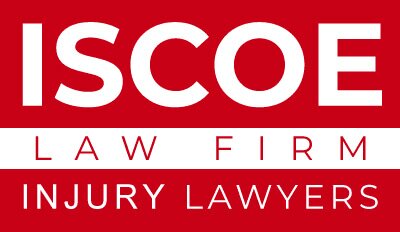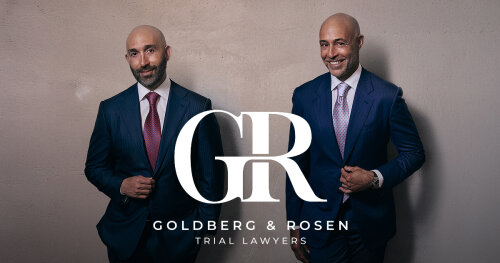Best Motor Vehicle Defect Lawyers in Miami
Share your needs with us, get contacted by law firms.
Free. Takes 2 min.
List of the best lawyers in Miami, United States
About Motor Vehicle Defect Law in Miami, United States:
The Motor Vehicle Defect Law in Miami, US underpins consumer protection by ensuring that manufacturers or dealerships are held accountable for producing or selling vehicles that are defective or unsafe. This legal aspect covers various issues that can range from faulty airbags to defective tires or software faults in modern vehicles. Predominantly, it is governed by both the Florida Lemon Laws and the Federal Magnuson-Moss Warranty Act.
Why You May Need a Lawyer:
If your vehicle has a defect that the dealership cannot fix after a reasonable number of attempts, you may need a lawyer to assist you in claiming compensation. These cases can be complex, requiring knowledge of specific regulations and evidentiary rules. A lawyer can provide counsel, negotiate with manufacturers on your behalf, and if necessary, represent you in court. Legal assistance is also beneficial in cases where a motor vehicle defect has caused an accident resulting in personal injury or property damage.
Local Laws Overview:
The Florida Lemon Law generally covers defects or conditions that significantly impair the use, value, or safety of a new or demonstrator vehicle. These defects must be reported to the manufacturer or an authorized service dealer during the first 24 months after delivery. If the problem is not fixed after a reasonable number of attempts, the law provides a method to resolve the dispute. Also, Miami courts rely on the Federal Magnuson-Moss Warranty Act in cases where manufacturers violate warranties.
Frequently Asked Questions:
How many repair attempts or days out of service is necessary to make a Lemon Law claim in Miami?
The general rule under the Florida Lemon Law is three or more repair attempts for the same issue or 15 days or more out of service due to repairs within the first 24 months after delivery.
Does the Florida Lemon Law cover used vehicles?
No, the Florida Lemon Law only covers defects or conditions in new or demonstrator vehicles.
What is the Magnuson-Moss Warranty Act?
This federal law governs warranties on consumer products, including vehicles. If a manufacturer violates the warranty, consumers can sue for damages.
How long does a Lemon Law case take to resolve?
Generally, a Lemon Law case can take a few months to resolve, although the timeline can vary depending on the complexity of the case and the specific circumstances.
Can my lawyer's fees be covered in a Lemon Law case?
Yes, in successful Lemon Law cases in Miami, lawyers’ fees are often recoverable from the manufacturer.
Additional Resources:
The Office of the Attorney General for the State of Florida has plenty of resources related to the Florida Lemon Law. The National Highway Traffic Safety Administration (NHTSA) provides information on vehicle safety issues and recalls. Additionally, the Better Business Bureau (BBB) offers dispute resolution services for auto warranty issues.
Next Steps:
If you believe you have a Lemon Law claim, you should first try to resolve the issue with the dealership or manufacturer. Keep documentation of all repairs and communications. If the issue is not resolved, you should consult a lawyer specializing in Lemon Law cases, who will help you determine your eligibility for a claim and guide you through the process.
Lawzana helps you find the best lawyers and law firms in Miami through a curated and pre-screened list of qualified legal professionals. Our platform offers rankings and detailed profiles of attorneys and law firms, allowing you to compare based on practice areas, including Motor Vehicle Defect, experience, and client feedback.
Each profile includes a description of the firm's areas of practice, client reviews, team members and partners, year of establishment, spoken languages, office locations, contact information, social media presence, and any published articles or resources. Most firms on our platform speak English and are experienced in both local and international legal matters.
Get a quote from top-rated law firms in Miami, United States — quickly, securely, and without unnecessary hassle.
Disclaimer:
The information provided on this page is for general informational purposes only and does not constitute legal advice. While we strive to ensure the accuracy and relevance of the content, legal information may change over time, and interpretations of the law can vary. You should always consult with a qualified legal professional for advice specific to your situation.
We disclaim all liability for actions taken or not taken based on the content of this page. If you believe any information is incorrect or outdated, please contact us, and we will review and update it where appropriate.













